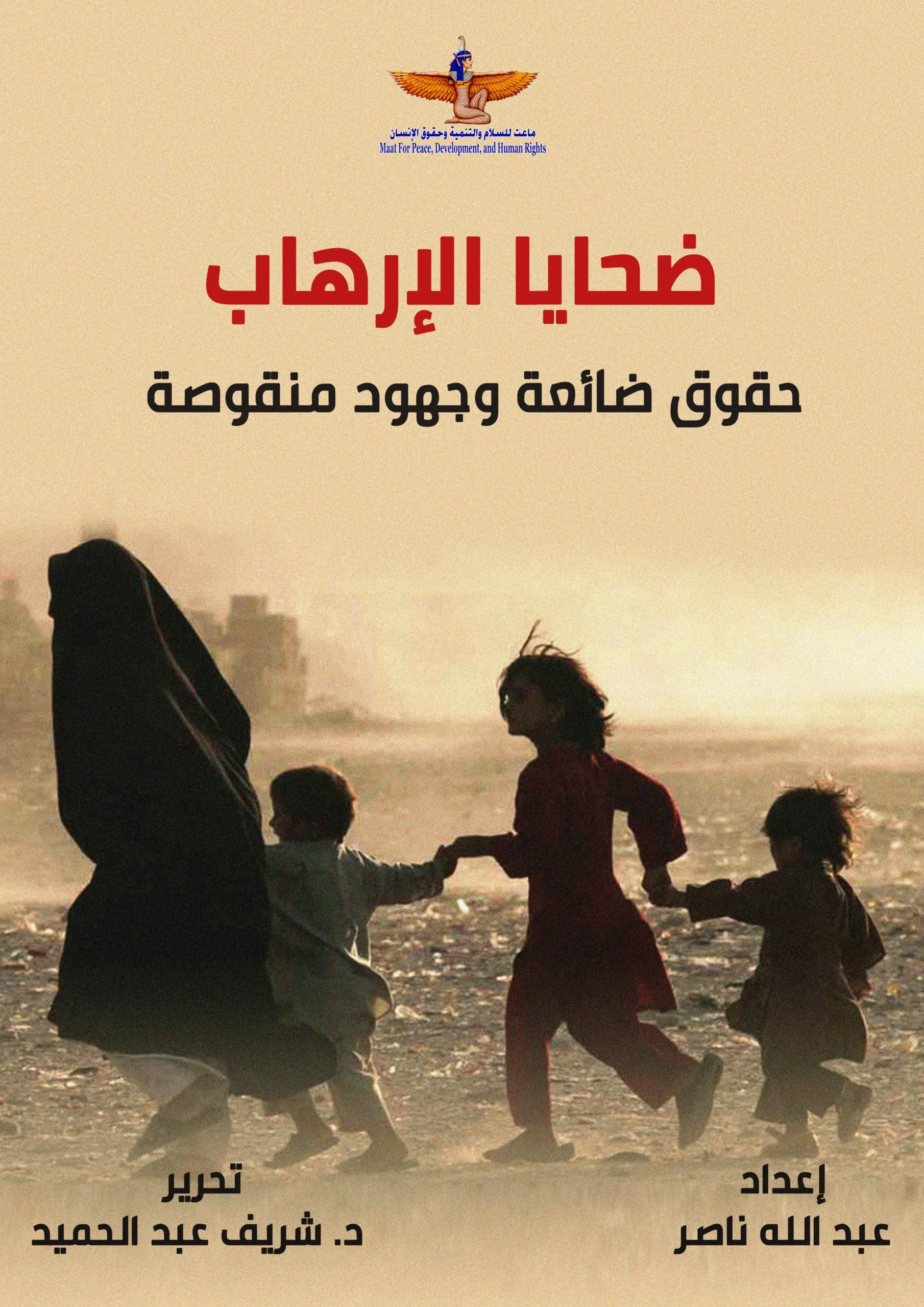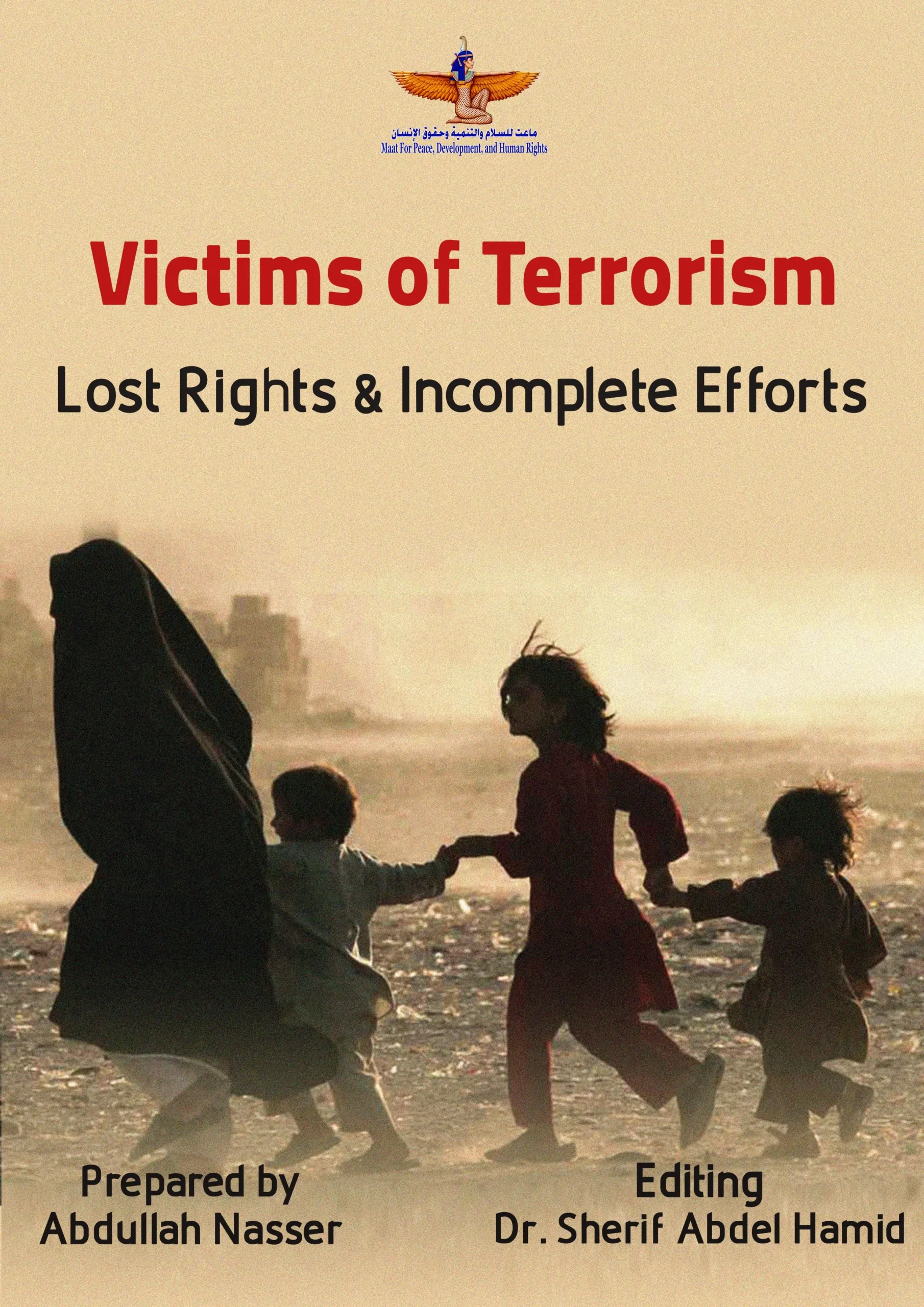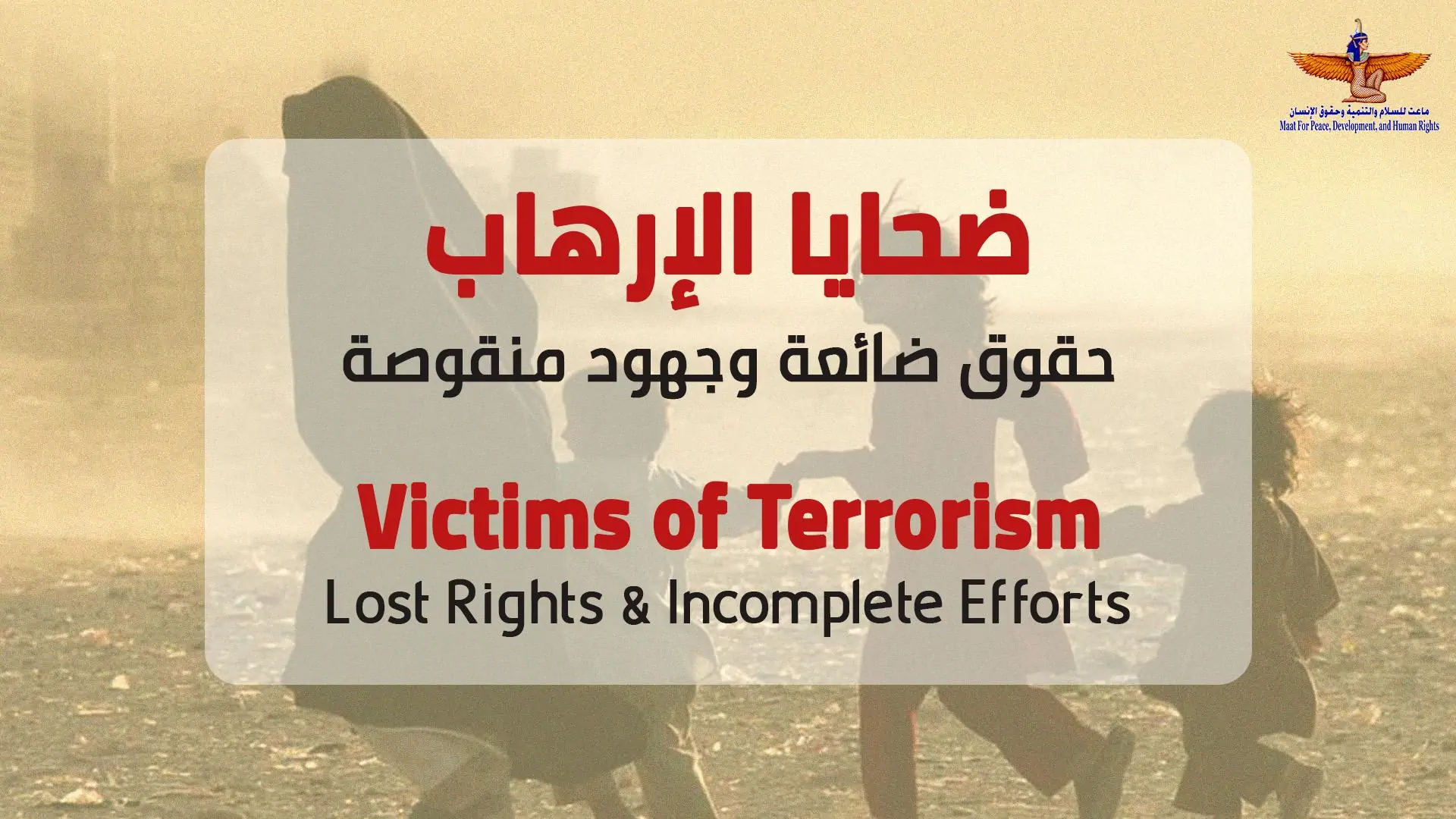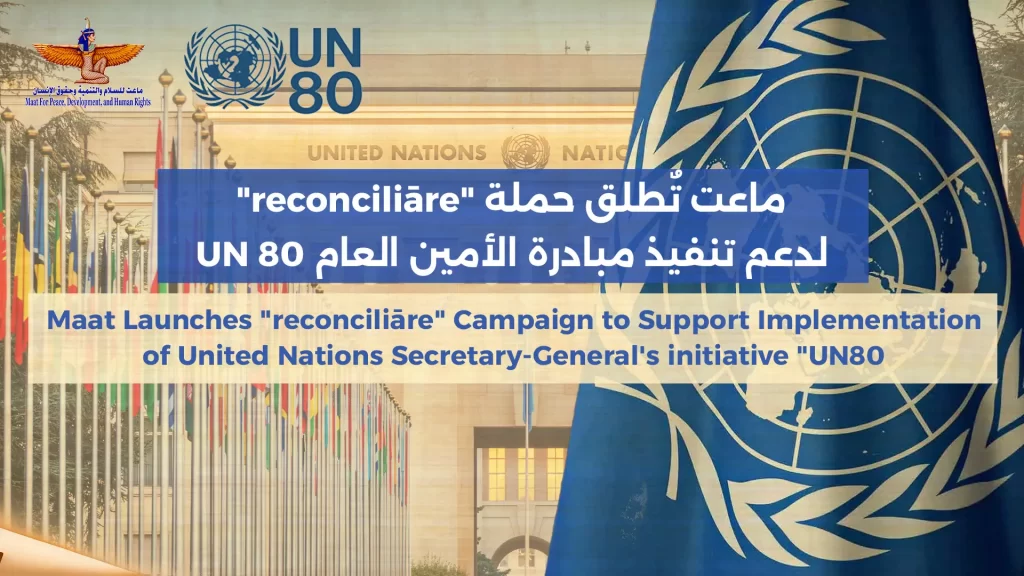Terrorism remains one of the most serious challenges to maintaining peace, achieving sustainable development goals, and realizing human rights. The seventh anniversary of International Day of Remembrance and Tribute to the Victims of Terrorism falls on August 21, 2024, carrying a heavy legacy for victims of terrorism and their families around the world. These victims and survivors continue to struggle to make their voices heard, often neglected and forgotten once the immediate impact of terrorist attacks fades. This struggle is exacerbated by the deterioration of economic conditions in many countries, which directly affects the resources and capabilities necessary to meet the medium- and long-term needs of victims, hindering their reintegration and full rehabilitation.
The seventh anniversary comes amid global developments, most notably the continuation of the Russian-Ukrainian war, now entering its third consecutive year. This conflict has cast a direct and indirect shadow on terrorist operations and armed groups worldwide. The anniversary also coincides with the re-eruption of the long-standing armed conflict between Palestinians and Israelis since October 2023, further destabilizing the Middle East region, which has long suffered from the scourge of terrorism, leaving behind thousands of victims and lasting effects extending for decades due to killing, harming and wounding thousands of innocent victims from all cultures, races and religions across the world.
This study examines several key aspects related to victims of terrorism. It begins by defining who qualifies as a victim of terrorism and the impact of terrorist attacks on them. It then discusses the rights of victims of terrorism, both the general rights shared with other crime victims and the specific rights pertaining to their situation.
The study also explores the latest efforts and initiatives aimed at supporting victims of terrorism, led by the United Nations, regional and local organizations, as well as individual countries and governments. In this context, the study focuses on two basic initiatives: the first was implemented in the Philippines in cooperation between international organizations, civil society organizations and Philippine government; and the second was implemented in Mozambique following the rise in the number of victims of terrorism over the past few years. The also study highlights the role of victims themselves in combating and confronting terrorist crimes, as the group most directly affected by these crimes, and concludes with a set of recommendations.

 |
 |
shortlink: https://maatpeace.org/en/?p=43023












